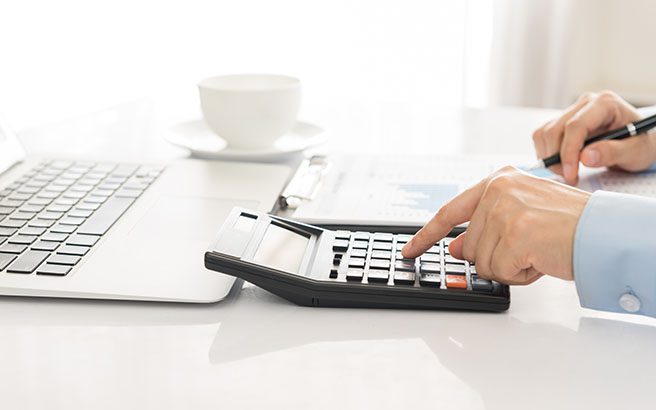You may be entitled to claim deductions in relation to expenses you incur as an employee purchasing, repairing, laundering or dry-cleaning work-related clothing in your tax return.
Deductions related to work-related clothing fall into four main categories:
- Non-compulsory uniforms typically bear the employer’s name and insignia. Although non-compulsory, they are still required to be registered with AusIndustry.
- Compulsory uniforms clearly identify you as an employee of an organisation. The uniform may consist of a set of clothing or simply a single item. For deductions to be applied under this category there must be a strictly enforced policy making it compulsory to wear the specified uniform to work. General office wear including suits, dresses, skirts and tops are generally considered to be private in nature and will usually not be eligible for a deduction.
- Occupation specific clothing which allows people to easily recognise an occupation and is not for everyday use – such as a nurse’s white stockings.
- Protective clothing and footwear required to protect against illness or injury, or prevent damage to ordinary clothes, caused by your work or work environment. An example of this would be non-slip nurse’s shoes.
In relation to laundry expenses (washing, drying and ironing expenses only), the Australian Tax Office (ATO) allows taxpayers to claim deductions at the following rates without keeping receipts:
- $1 per load where only work-related clothing is laundered; and
- 50c per load where both work-related and private clothing is laundered together.
You are not required to retain written evidence if the amount of your laundry claim (for washing, drying and ironing only) does not exceed $150. This administrative concession does not apply to work-related clothing purchases, dry cleaning and clothing repairs – receipts must be retained for such expenses – unless your total deduction claim does not exceed $300, whereby a separate substantiation concession allows you to claim the entire amount without retaining receipts.
If you expect your laundry deduction claim to exceed $150 or your total work-related deduction claim to exceed $300, the ATO typically requires you to retain receipts, invoices or other written evidence (such as diary records) to substantiate claim.

































